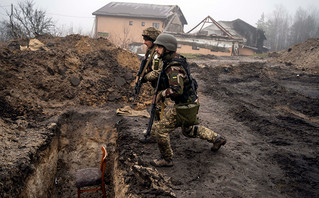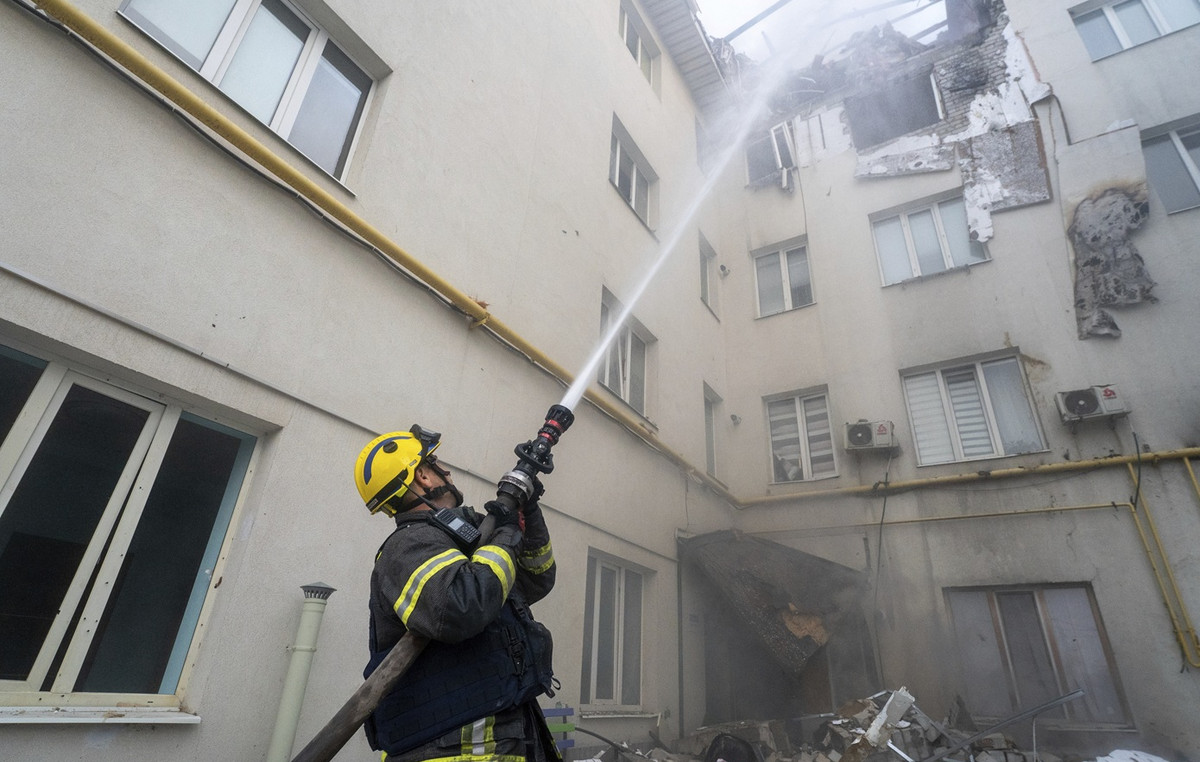Inadequacy of Intelligence services, blindness of the hierarchy, inability of the military machine to anticipate predictable events: it is obvious that Russia was taken by surprise by the Ukrainian counterattack.
Within a few days, Kiev’s forces regained the initiative in a war that had seemed stuck on a frontline almost immobile since the start of the summer. Today, they have recaptured many cities and areas of thousands of square kilometers.
The fact that Moscow did not see it coming “constitutes a colossal failure of military intelligence,” says Michael Kofman of the US-based CNA institute. “They failed completely.”
“Russia was unable to predict,” according to Pierre Grasser, a historian of International Relations and researcher at the Sirice Center in Paris.
Like many others, he refers to the management of the Ukrainians by announcing the counter-offensive in the south before launching an even larger counter-offensive in northeastern Ukraine.
“Small indications could have alerted Moscow,” he says, especially since Ukraine “appears to have been shelling the front line throughout August” with small-scale operations.

In June, in the absence of general conscription, the Russians they did not replace units depleted by months of fighting, Michael Kofman recalls. However, they did not adapt to this treaty: “they continued to attract the Ukrainian forces to the Donbas while the Russian forces had little chance of success.”
And they were “not adequately prepared for defence”, leaving large sections of the front line “terribly exposed” to counter-attacks.
The importance of Western aid
Independent Russian military analyst Alexandre Khramtchikhine notes that the simultaneous Ukrainian attacks complicated Moscow’s task. “The Russian intelligence services did not understand where the real Ukrainian counterattack would take place,” he told AFP.
In his opinion, the Russian retreat is explained by other factors. “In Ukraine, the entire population has been conscripted.” “The Ukrainians therefore have the ability to reinforce themselves with as many forces as they want,” says the Russian military analyst, emphasizing that “and in terms of technical equipment, especially the number of weapons on the ground,” the Ukrainian forces have an advantage.
Moreover, Moscow could not have been unaware that President Volodymyr Zelensky would eventually succeed in getting the modern weaponry he was demanding from his allies.
The Russian military command “failed to prepare for the importation of NATO weapons,” writes Christopher Dougherty of CNAS in Washington on his Twitter account.
Himars and Harm missiles and Caesar self-propelled howitzers changed the course of the conflict far more than Moscow had anticipated.
“At every turn, Russia fails to make the right decisions quickly,” insists Christopher Dougherty.
Against Russia, Ukraine, buoyed by reform of its military after the loss of Crimea in 2014 and bolstered by Western aid, is hitting where it hurts.
“Ukraine’s ability to gather, manage information, and act quickly and decisively has given it a huge advantage over the hyper-centralized and arteriosclerotic command structure of the Russian military,” summarizes Christopher Dougherty.
Alexandre Khramtchikhine for his part points out the role of foreign Intelligence. “Ukraine receives real-time information from American satellites and long-range spy planes,” he says.
“It is not even certain that the administration (…) has not turned, at least into a Ukrainian-American one.”
Source: News Beast
I’m Robert Neff, a professional writer and editor. I specialize in the entertainment section, providing up-to-date coverage on the latest developments in film, television and music. My work has been featured on World Stock Market and other prominent publications.







